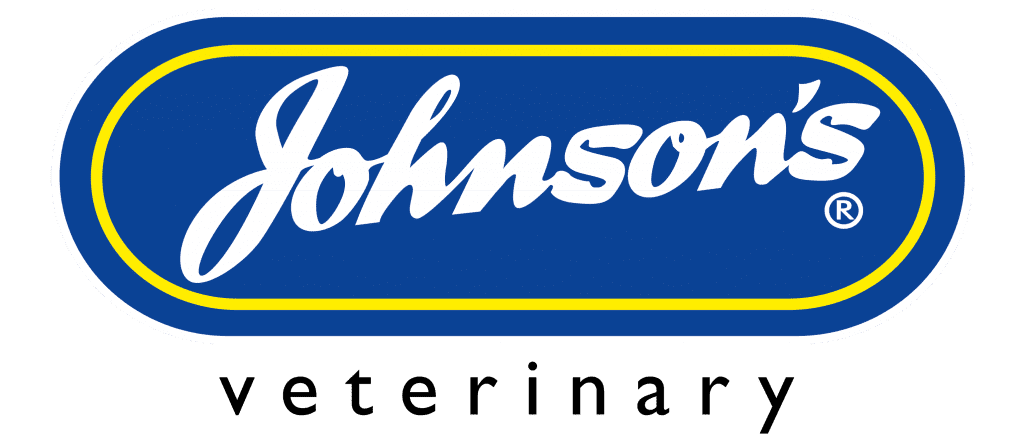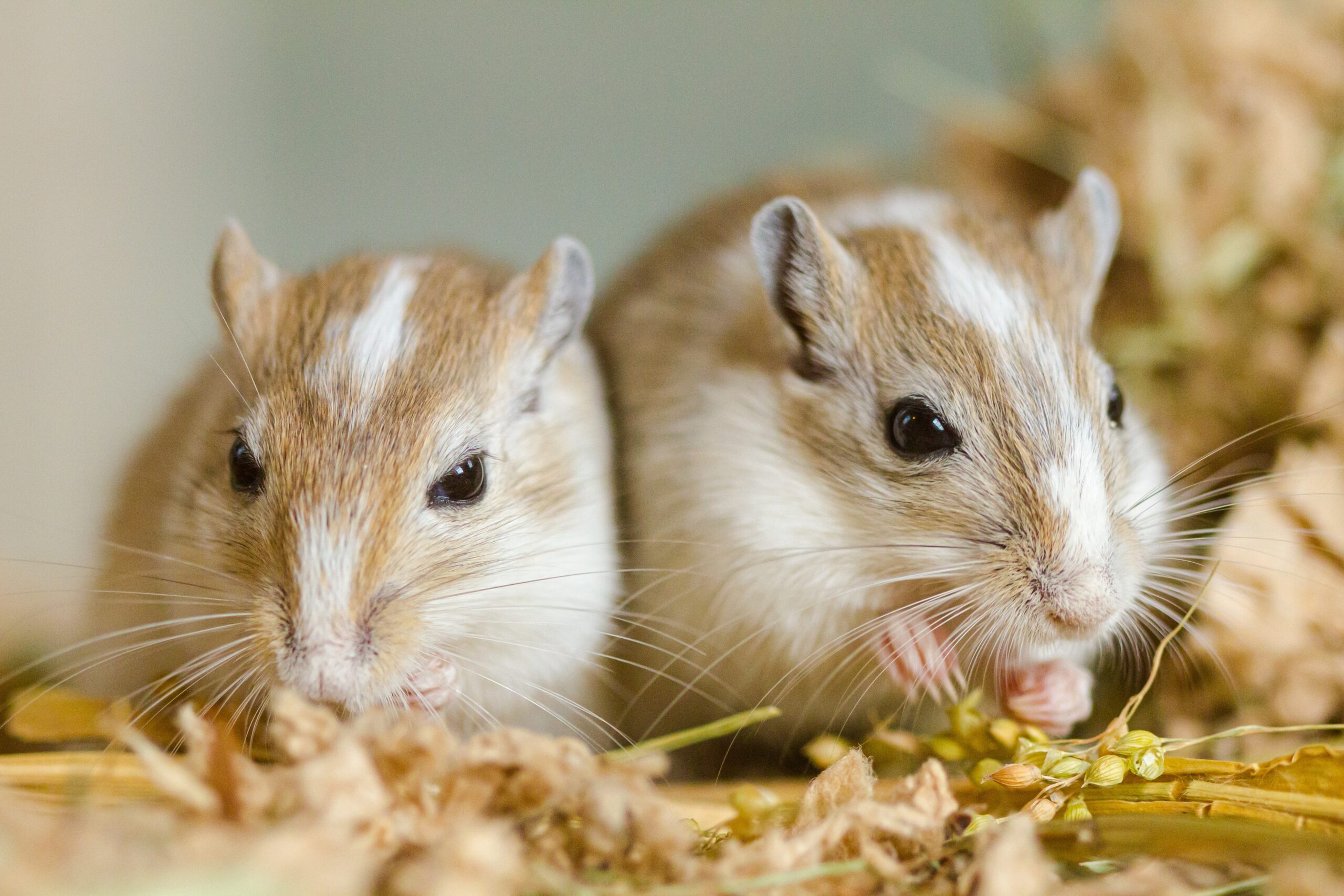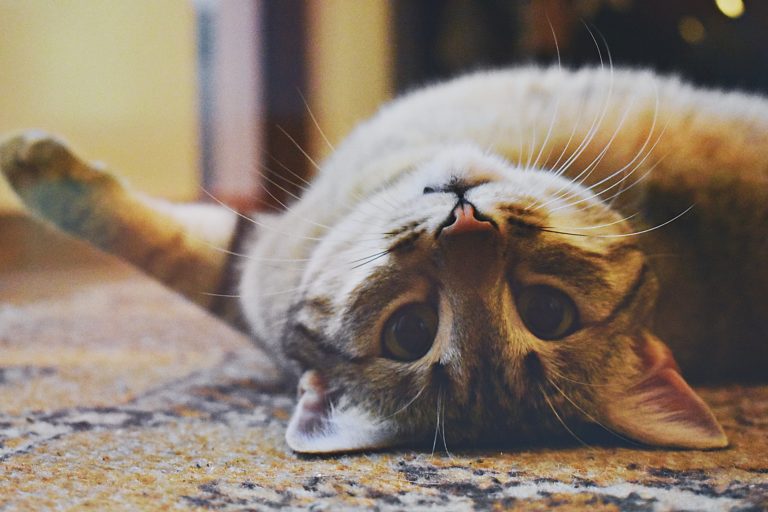Dominique Strickland BVSc MRCVS
Small animals such as rabbits, guinea pigs, hamsters, mice and gerbils have become household favourites. With their differing traits and characteristics, cuddly, energetic, shy or active at night, small animals often make wonderful companions, whichever species you choose. These adorable fuzzy pets may have size in common but each one has a unique set of needs and dietary requirements and although they may be small, it doesn’t mean they need less looking after, so it’s important to know how to care for your smaller companion to keep them as healthy as possible.
Housing and health
There are two main types of housing for your small pet. A hutch is generally suitable for guinea pigs or rabbits, whereas a cage is suitable for other small pets. Some small pets will need space to run around and by giving them a secure outside area, your rabbit or guinea pig can graze on the grass in a safe space such as a run. If outside, they will need shelter from bad weather as well as from the sun. If they are kept indoors, make sure any hazards are kept out of their way such as wires that can be chewed through.
Other small furries can get enough exercise from enriched cage environments, by having exercise wheels and tunnels to promote their natural behaviour.
Some species such as rabbits are sociable animals and are best kept with a companion of the same species, otherwise they can become destructive, anxious and bored. Other species are better living on their own – be sure to research what’s best for the small furry you choose as your pet.
The one requirement they all have in common when it comes to their home is hygiene. All of these cute furries homes need regular cleaning to prevent health issues from arising.
You can clean their habitat daily by removing soiled bedding and droppings, but you’ll always need to set a routine for a thorough weekly clean. Whatever your preferred method, it is important to use a pet safe cleaning solution such as the Johnson’s Clean n Safe for Small Animals, https://johnsons-vet.com/product/k026-clean-n-safe/, and make sure your pet is carefully secured in an alternative enclosure while you clean their home. Once their home and food bowls are clean, adding clean dust free bedding can help to prevent problems with their respiratory system.

Food and nutrition
Small pets come in all shapes and sizes and it’s important to feed the correct diet. Each species of small animal has a different set of nutritional needs, although they all require fresh drinking water. The wrong diet can cause a multitude of health problems including obesity, gut problems and teeth issues. Some small animals need a mixture of hay and pellet food, whilst others only need a pellet mix. Rabbits and guinea pigs need a diet mainly consisting of hay, as it provides essential fibre and keeps their teeth in good condition. Pellets are a great way to make sure your small furry pet gets a complete diet in one food, as opposed to muesli style foods which can allow your pet to pick and choose from their food bowl, leading to an imbalanced diet. Each species is unique, for example rats need more protein in their diet and guinea pigs cannot produce their own vitamin C. Missing out on having the correct diet can cause health issues. For example, without enough vitamin C guinea pigs can suffer from scurvy, which causes lethargy, joint and skin issues and diarrhoea. This is why when selecting a complete pellet food for your pet, be sure to select the food for your particular species of pet. A small amount of certain fresh vegetables and fruit can be an important supplement, but only some are safe to eat, and you should do your research first. You could also use a small animal multi vitamin supplement in their diet. And they’ll also appreciate a safe pet tasty treat every now and then, scattered around their environment to provide additional foraging opportunities. Johnson’s have a Hamster & Gerbil Small Animal Vit-Min Drop https://johnsons-vet.com/product/vit-min-drops-small-animals/ and also a range of treats.

Parasites
It’s important to check your pet for parasites, such as fleas, mites and lice which live in their fur. If left untreated parasites can cause itching, scratching and hair – loss. Fortunately, most parasites are controllable. There are small animal treatments available to deal with these parasites such as shampoos and topical antiparasitic medications. Please ensure you use the correct medication for your pet as some treatments designed for cats and dogs can be lethal for small furries so always consult your vet for advice. Don’t forget you’ll also need to treat their home because some parasites live in bedding or on surfaces. So, it’s important to not only treat your pet but to use a Cage & Hutch Spray for their environment https://johnsons-vet.com/product/cage-n-hutch-insect-spray/ . Always make sure your pet is carefully secured in an alternative enclosure while you treat their home and follow the instructions to the letter to ensure you are treating the environment in a safe and effective way. When treating for parasites, throw out old bedding, and wash all the bowls and toys.
Flystrike
Flystrike happens when flies lay their eggs on your pet, normally around the rear end as they are attracted to damp and soiled fur. The eggs hatch into maggots which literally eat into the animal causing wounds and, in some cases, death. Flystrike is fairly common especially in the warmer months and often affects rabbits and guinea pigs. There are many ways to prevent this, such as checking the cleanliness and hygiene of your pets’ home, daily checking your pet to ensure they are clean and dry and free from maggots, especially in long haired rabbits and guinea pigs. Most animals should keep themselves clean with self – grooming and you shouldn’t need to bathe them regularly, however there might be a need for those with long hair or dirty back ends. Some find it more difficult to properly clean their back ends for example if they are obese, have problems with their teeth or are fed a poor diet which can cause diarrhoea. If you need to clean them, use a pet friendly shampoo such as the Johnson’s Small Animal Cleansing Shampoo https://johnsons-vet.com/product/small-animal-shampoo-125ml/ . It is important to towel dry them, keep them warm after bathing and ensure they are completely dry before going outside. It may be appropriate to wash just the soiled area of fur or if bathing is too stressful you could always try using a pet safe cleansing wipe on the soiled area. Another way to protect your pet is to apply an appropriate flystrike preventative treatment on your pet during the summer months. ALWAYS CONTACT YOUR VET AT THE FIRST SIGN OF FLYSTRIKE. Don’t try to treat it at home. It is treatable when caught early but can be deadly if left untreated or treated in the wrong way.
Dental care
Small animal rodents and rabbits are generally known as open-rooted which means their teeth will continue to growth throughout their lifetime, in the same way our nails continually grow. The natural grinding action of chewing on food and other materials should keep their teeth trim. Overgrown teeth can cause discomfort and lead to complications such as trouble eating and tooth abscesses. To help prevent this from happening, ensure you are feeding your pet the correct diet. A diet lacking in rough fibre such as hay is one cause of dental issues. Always make sure there are plenty of things to nibble on. Misaligned teeth (where they don’t naturally grind against each other) are also possible. In this case, regular visits to your vet for dental work can help keep your pet healthy.
Bunnies and vaccination
It is sensible to have your bunny vaccinated annually against potential life-threatening diseases such as Myxomatosis and Viral Haemorrhagic Disease (VHD). Although fleas are relatively rare in rabbits, they can aid in the spread of Myxomatosis. As some flea treatments designed for cats and dogs are lethal to some small furries, you should always consult your vet for advice.
Correctly looking after your furry friend is an essential and rewarding experience. Make sure you research any species – specific requirements to keep your pet healthy and happy and consult your vet for advice.





